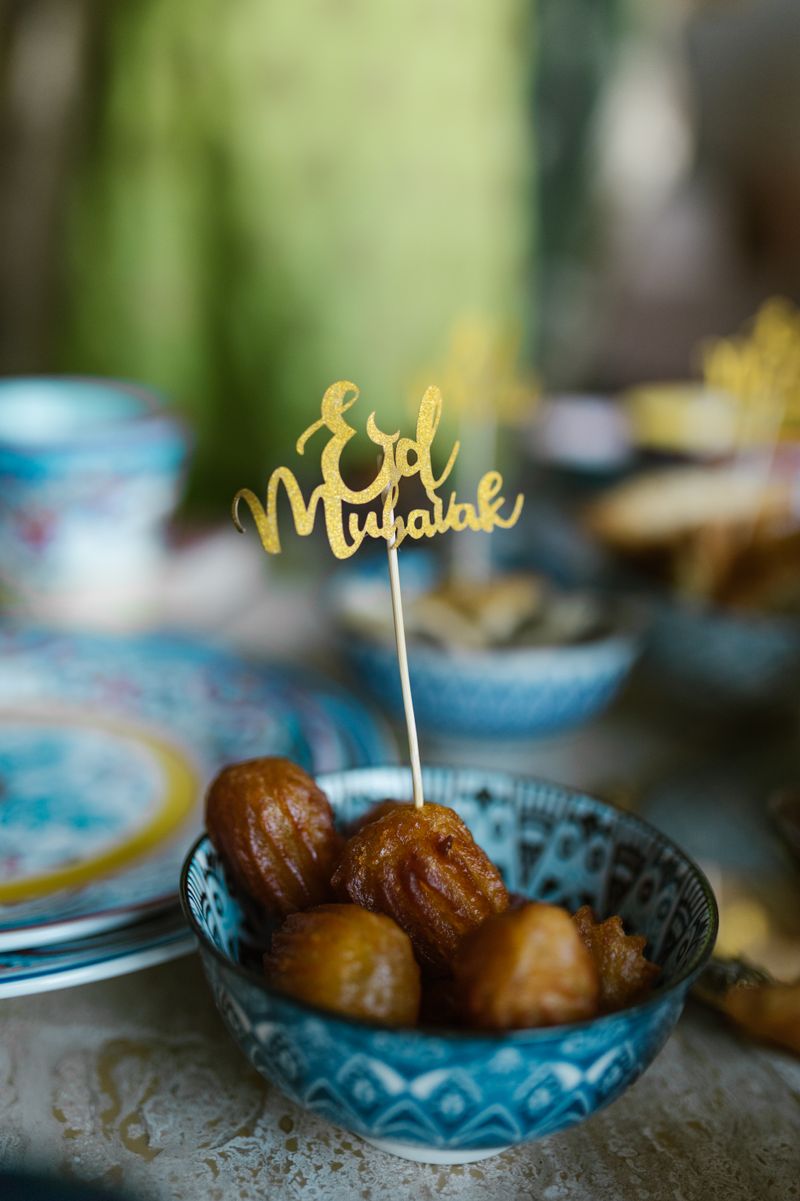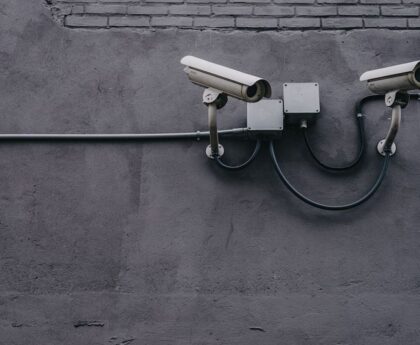When is Eid al-Adha 2023?
According to Saudi Arabia, Dhul-Hijjah began on Monday 19 June, which means that Eid al-Adha starts on Wednesday 28 June. The lunar cycle determines the date of Eid al-Adha, and it varies from year to year. This variation creates anticipation and excitement as Muslims around the world eagerly await the announcement of the start of Eid. The festival falls on the tenth day of Dhul-Hijjah, the twelfth month of the Islamic Hijri calendar. As the Hijri calendar is based on the phases of the moon, Eid al-Adha moves forward approximately 11 days each year in the Gregorian calendar.
Eid al-Adha Celebration and Traditions
Eid al-Adha, also known as the “Festival of the Sacrifice” or colloquially as “Big Eid,” is considered one of the holiest festivals in Islam. It commemorates the story of the prophet Ibrahim (known as Abraham in the Christian Old Testament) and his willingness to sacrifice his son as an act of obedience to God’s command. However, before Ibrahim could carry out the sacrifice, Allah provided a lamb for him to offer instead. This event symbolizes the importance of trust and faith in God’s providence.
During Eid al-Adha, Muslims traditionally sacrifice an animal, usually a sheep, goat, or cow. The meat is then divided into three parts: one part is given to the poor, one part is shared among the immediate family, and the final part is reserved for relatives. This act of Qurbani (sacrifice) reflects the spirit of generosity and sharing in the Muslim community.
Additionally, many mosques and community groups organize communal meals to foster a sense of unity and celebration among Muslims. These gatherings are an opportunity for friends and family to come together, enjoy special dishes, and exchange greetings.
Moon Sighting Debate
There is an ongoing debate within the Muslim community regarding the tradition of moon sighting to determine the start of Eid. Some argue that advancements in astronomy and technology allow for accurate predictions of the new moon’s appearance, thereby enabling a standardized start date for all Muslims worldwide. This approach would eliminate variations based on regional moon sightings.
Others, however, advocate for maintaining the tradition of physically sighting the moon in one’s region. They argue that this practice ensures a connection to nature and the local community while upholding the diversity of global Islamic traditions. Factors such as weather conditions can sometimes hinder moon sighting, but proponents believe that the occasional challenges are worth preserving the authenticity of the lunar-based Islamic calendar.
Understanding “Eid Mubarak”
“Eid Mubarak” is the traditional greeting used by Muslims to wish each other during both Eid al-Adha and Eid al-Fitr celebrations. The phrase combines the Arabic words “Eid,” meaning feast, festival, or celebration, and “Mubarak,” which translates as “blessed.” Therefore, “Eid Mubarak” can be interpreted as “blessed celebration” or simply “happy Eid.”
While Muslims can specify “Eid al-Fitr Mubarak” or “Eid al-Adha Mubarak” to differentiate between the two festivals, “Eid Mubarak” alone suffices. Similarly, during the holy month of Ramadan, Muslims greet each other with “Ramadan Mubarak” to acknowledge the start of Ramadan and throughout the fasting period. The less commonly used alternative, “Ramadan Kareem,” translates as “Generous Ramadan.” Some debate exists regarding the appropriateness of using “Kareem” as it relates to generosity, which can be seen as contradicting the principles of fasting and prayer central to the month of Ramadan. Despite the debate, many Muslims understand “Ramadan Kareem” as a reference to the generosity that is expected during the month.
In conclusion, Eid al-Adha 2023 will begin on Wednesday 28 June, following the start of Dhul-Hijjah on Monday 19 June according to Saudi Arabia. Muslims around the world eagerly anticipate this holiest of festivals, which celebrates obedience and trust in God. Whether through physical moon sighting or technological advancements, the determination of the start of Eid continues to inspire passionate discussions within the Muslim community. As the festival approaches, Muslims greet each other with the traditional phrase “Eid Mubarak,” wishing one another a blessed and joyous celebration.

<< photo by Lochlainn Riordan >>
The image is for illustrative purposes only and does not depict the actual situation.




